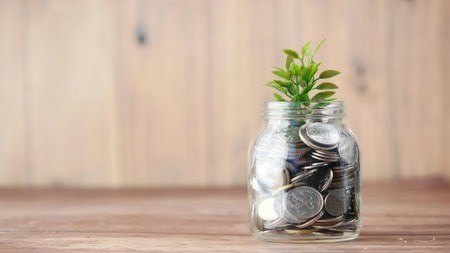Financial advisors often tell their clients to diversify their investment portfolios in order to minimise the impact of a bad investment. Shares, unit trusts, property and cash are the main asset classes to consider when looking for a prospective investment. While the property market is slowly but surely recovering from the global economic downturn, there are still certain signs of weakness in the market. Recent reports suggest that property prices might even start to decrease in months to come. Is it still worthwhile to buy an investment property? Unfortunately, there is no definite answer to this question. An investor usually buys an investment property with the intention of leasing the property to a tenant. Before you buy an investment property, take the time to evaluate your current financial situation as well as the implications the investment will have on your cash flow. The location of an investment property should be considered very carefully. The location will not only influence the price of the property, but also the amount of rent you will be able to obtain for the property. In the current economic environment, it is highly unlikely that the rent collected will fully cover your monthly bond repayments if you obtained a 100% loan from your bank. There might also be a few months when you will have to pay the full installment yourself because of tenants moving in or out. You should make sure that you will still be able to afford the monthly repayments even if you do not have a tenant to lean on. Be realistic about your financial situation and compile a spreadsheet with cash flow projections to make sure that you are aware of all you monthly expenses. Apart from your monthly installment, there are also some other costs that need to be considered. If the property is located within a complex, you will be liable for levies and rates and taxes, which can be a substantial amount. You should also budget for transfer costs. You should also consider the tax implications of an investment property. The Receiver of Revenue considers rent received as part of your gross income. Gross income usually consists of a salary. You may however deduct expenses incurred as part of the lease from the amount you received as rental for tax purposes. These expenses include water and electricity, rates and taxes, insurance, agent fees, body corporate levies and certain household expenses. Just make sure you keep invoices in a safe place as the taxman may request proof of these payments. You may also deduct the interest on your bond from the rental received on your tax form. The capital amount will not be deductible. Your bank will be able to assist you with a breakdown of capital and interest payments. Looking after an investment property can be time consuming. While you might not mind if certain things in your own home are not working properly, you cannot expect tenants to pay for a property with a broken geyser or oven. Make sure to state all your responsibilities and liabilities in the rental contract.
Property Advice




